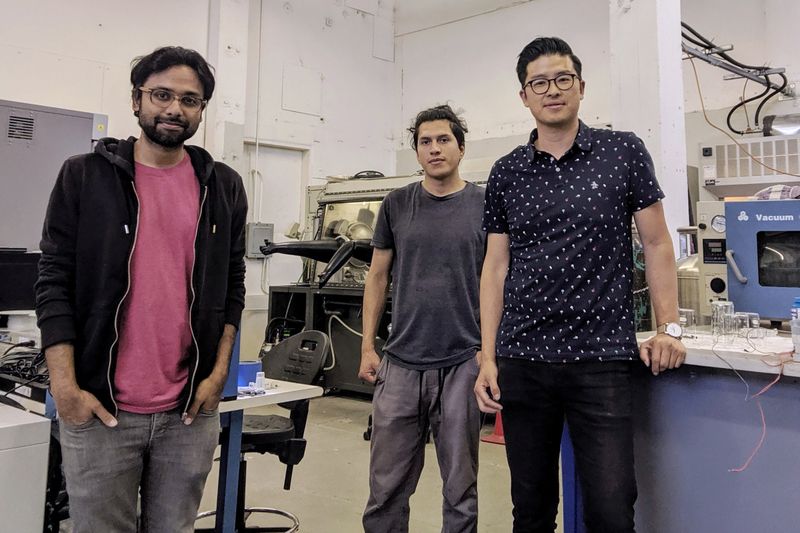By Stephen Nellis
(Reuters) - Lithium-ion batteries are essential to electric vehicles, but they have drawbacks: They are hard to make and degrade over time.
A San Leandro, California-based start-up on Thursday said it had raised $4 million in funding and is working with German chemical giant BASF SE (DE:BASFN) on a new technology to tackle those problems, aiming one day to reduce the cost of lithium ion batteries while boosting their capacities and extending their lifetimes.
Coreshell Technologies makes a coating that would go directly onto the surface of the electrodes in lithium-ion batteries.
To produce power, lithium ions move back and forth between electrodes inside the battery. But as they pass through layers, some of the lithium gets stuck, both depleting it and making it harder for remaining ions to move back and forth.
Coreshell said its coating allows the lithium to pass through more easily and without getting stuck, which speeds up the break-in process during battery manufacturing, allows less lithium to be used and could mean longer battery life. But the key advance, the company's founders said, was figuring out how to apply the coating in a liquid form as the electrode layers are manufactured on "roll-to-roll" machinery that resembles a newspaper printing press.
"It has to fit into that style of processing" to be economically feasible, said Jonathan Tan, the company's CEO and co-founder. "And that's not something that anyone has been able to do before with these coatings."
Coreshell is working with BASF, a major supplier of high energy density cathode active materials in batteries, to test its coatings with BASF materials. A BASF spokeswoman said Coreshell's coatings have demonstrated performance improvements over standard materials.
Coreshell on Thursday said the $4 million in funding was raised in a financing round led by Entrada Ventures. Other backers in the funding round included Baruch Future Ventures, Tsingyuan Ventures, the California Energy Commission, Sema Translink, Berkeley Skydeck and Alchemist Accelerator, Coreshell said.

(This story corrects paragraphs 3 and 5 to reflect that Coreshell's coatings go directly onto the electrodes of a battery rather than the layers separating the electrodes.)